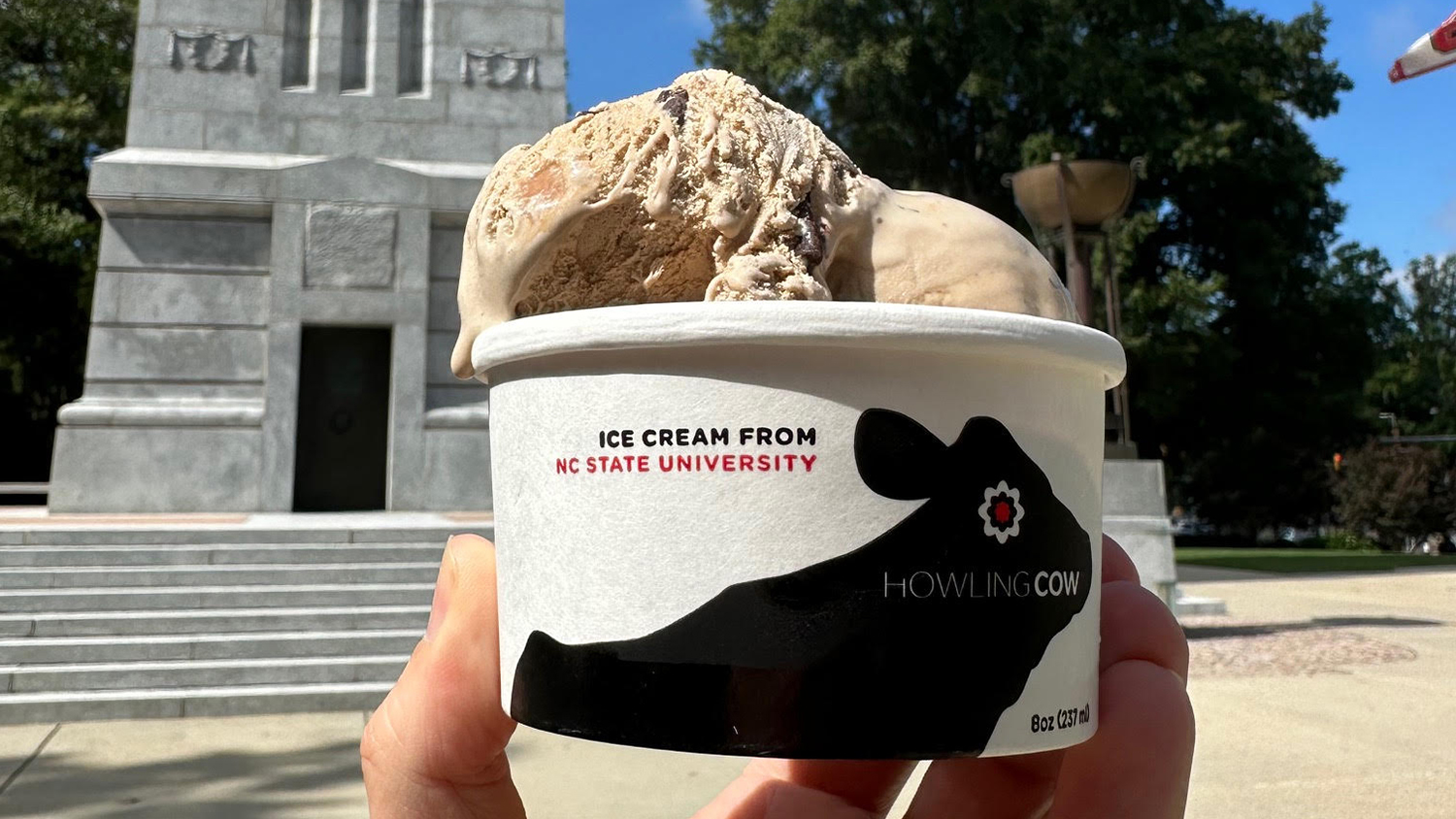Survey Gives Insight Into Faculty Satisfaction
NC State’s faculty promote the university’s overall success through their dedication to teaching, scholarship and service to the Wolfpack community. Because of their efforts, NC State strives to support faculty through the improvement of organizational processes and procedures, the implementation of personal and professional development opportunities, and through enhanced recruitment and retention practices. The university’s participation in the Collaborative on Academic Careers in Higher Education (COACHE) survey reinforces a strong commitment to faculty success.
The COACHE survey, run by the Harvard School of Graduate Education, collects data from colleges and universities around the country on a wide range of issues integral to faculty satisfaction and engagement. The survey, in which NC State participates every three years, covers recruitment and retention; scholarship and service; reappointment, promotion and tenure; departmental leadership and support, and more. Results presented include trends, comparisons to peer institutions, and differentiation among faculty subgroups, including gender and race, among others.
Surveying the Faculty Landscape
Institutional Strategy and Analysis (ISA) coordinates the university’s participation in the survey every three years to better understand faculty needs and improve the overall faculty experience. All faculty receive the survey that consists of more than 200 items covering everything from overall job satisfaction to transparency in communications, achieving tenure, professional development and more.
“The COACHE survey provides us with a good snapshot of how we are doing overall as a university in relation to our faculty, and helps us figure out both areas of improvement and opportunities to enhance what we’re already doing very well,” said Kim Grainger, associate vice provost for academic personnel and policy in the Office for Faculty Excellence (OFE). “What we learn from the survey helps guide our university decision-making process in alignment with our strategic plan, and informs how colleges and departments engage with faculty through all kinds of activities and initiatives.”
Colleges and universities participating in the COACHE survey are able to compare their survey results to those of institutional peers. This allows institutions to get a better overall picture of national trends regarding faculty engagement and satisfaction. NC State’s peer grouping for the most recent iteration of the COACHE survey included Virginia Tech, Iowa State University, Purdue University, the University of California Davis and the University of Maryland at College Park.
“We want to use this survey to help us continue to support faculty excellence in all areas,” said Katharine Stewart, senior vice provost for faculty and academic affairs. “From this survey, we can gauge how we are doing in relation to our peers, but more importantly keep our finger on the pulse of what faculty think is important for their professional development and their ability to perform their teaching, research and service to the utmost of their abilities.”
Survey Results
Thirty percent of tenure track faculty and 27 percent of professional track faculty participated in the 2021 iteration of the COACHE survey.
COACHE survey results showed that faculty reported high rates of satisfaction with teaching, departmental collegiality, collaboration, department leadership, quality of pre-tenured faculty, and library resources, among other areas. Three-fourths of faculty reported that they “strongly agree” or “agree” that they are proud to work at NC State.
Compared to all 80 participating universities in NC State’s COACHE cohort, NC State faculty ratings rank in the top 30 percent on almost half of the more than 200 specific aspects of work that were asked about. Compared to the smaller COACHE peer group, NC State faculty ratings are more favorable for the following: library resources, classrooms, interdisciplinary work, the stated priorities and communication of priorities from the chancellor, and discussions of effective use of technology.
“The results of the COACHE survey are very positive in relation to how our faculty feel about working at NC State,” said Executive Vice Chancellor and Provost Warwick Arden. “They have let us know where we excel and given us an opportunity to review where we can grow and innovate.”
For areas where there are opportunities for improvement, such as clarity and consistency in messaging on the reappointment, promotion and tenure process, the university is constantly at work.
“Using the COACHE survey supports our efforts at data-driven decision making, and helps us determine where we need to create programming and allocate additional resources,” said Grainger. “We’ll go to college and departmental leadership with the overall results and the college-specific results to determine next steps for improvement so that our faculty are better supported in their careers.”
What’s New and What’s Next
ISA recently debuted an interactive COACHE survey results dashboard, with trend data from the 2011, 2015, 2018 and 2021 surveys. This dashboard is filterable by year, tenure track status (tenure track, professional track), tenure status (tenure track only; tenured vs pre-tenured), rank (tenure track faculty only; full, associate, assistant), gender and race/ethnicity.
“The dashboard allows us to present information in an easily digestible, user-friendly manner where anyone in the university community can find specific data relevant to their area of interest,” said Nancy Whelchel, assistant vice provost for institutional survey research in ISA. “You can also look at data over time, which allows for the identification of opportunities and issues that a faculty member can take to their dean or department head, and work collaboratively to improve the faculty experience.”
Stewart added, “The Office for Faculty Excellence will work as a team and with its partners to improve programming and support for faculty in areas identified through the survey as especially important to faculty respondents.” The next COACHE survey will be administered in 2024, and the university seeks to take advantage of the wealth of information to make improvements and strengthen already outstanding programs and services in that time.
- Categories:


